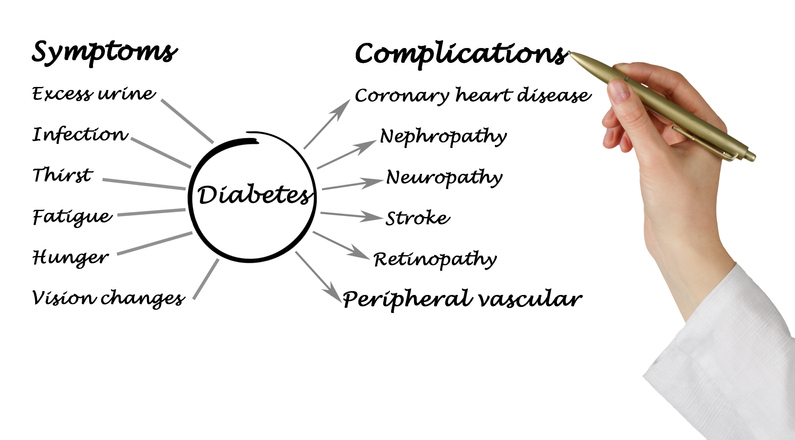Pain
What Is Type 3 Diabetes?

Type 3 diabetes — a type of diabetes mellitus — is a controversial diagnosis and is not yet widely accepted in the medical community. Type 3 is often described as “diabetes of the brain.” It occurs when neurons in the brain are unable to respond to insulin, which is required for basic cognitive tasks, such as memory and learning. Researchers believe that insulin deficiency is an important factor in the cognitive decline related to Alzheimer's disease. Type 3 diabetes should not be confused with type 3C diabetes (pancreatogenic diabetes), which occurs as a result of damage to the pancreas.
Symptoms of type 3 diabetes
Symptoms of type 3 diabetes are similar to those of early Alzheimer’s disease or dementia. These symptoms include, but are not limited to, the following:
- Difficulty completing familiar tasks
- Frequently misplacing things
- Memory loss that affects daily living and social interactions
- Decreased decision-making ability
- Sudden personality or demeanor changes
Causes of type 3 diabetes
Researchers are currently analyzing a genetic cause for type 3 diabetes. The gene APOE4, which is associated with Alzheimer’s disease, is known to produce a protein that affects how insulin works in the brain. This protein can form plaques that starve cells, causing permanent damage to nerve cells in the brain. Not all individuals who have the gene will develop type 3 diabetes; therefore, in terms of type 3 diabetes causation, other contributing factors are involved.
Risk factors for type 3 diabetes
Risk factors of developing type 3 diabetes include the following:
- Family history of diabetes
- Type 2 diabetes
- Excess body weight
- Chronic health conditions, such as depression, high blood pressure and polycystic ovary syndrome (PCOS)
- Genetics (the APOE4 gene)
- Increased age
- High-fat diet


















